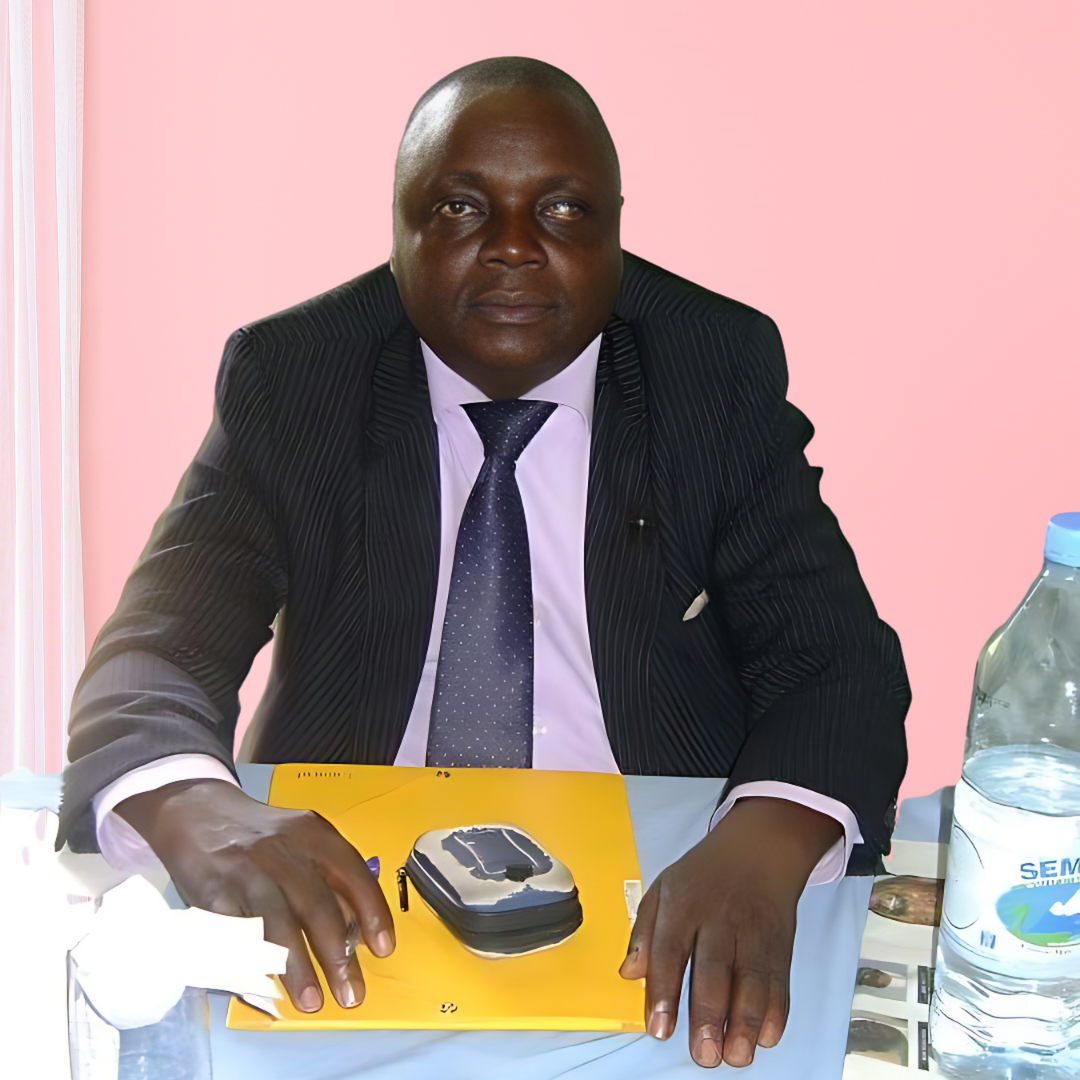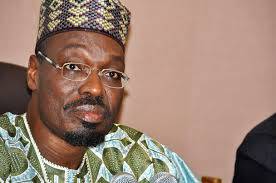In a significant move to bolster resilience against natural disasters, 187 councils across Cameroon have been allocated a substantial grant of 189 billion FCFA by the World Bank. This funding is a part of the Local Governance and Resilient Communities Project (PROLOG), which aims to enhance local governance and empower communities to effectively tackle crises such as climate change, natural disasters, and refugee influxes.
The distribution of funds is meticulously planned, with each of the 360 municipalities receiving 100 million FCFA annually. City councils are allocated 280 million FCFA per year, while regional councils receive a generous one billion FCFA each. This strategic allocation underscores the Cameroonian government’s commitment to decentralization as a means to provide tangible solutions to pressing challenges.
The initiative is not just about providing immediate relief but also about building long-term resilience. Historically, the Ministry of Territorial Administration has led efforts in responding to natural disasters, focusing on immediate needs like food and shelter. However, the new funding mechanism promises to pave the way for more sustainable and practical solutions, potentially transforming the way natural disasters are managed in Cameroon.
The World Bank’s involvement in Cameroon is extensive, with a portfolio comprising 20 national operations financed by various entities, reflecting a net commitment of approximately $3.2 billion, along with a comprehensive program of analytical services. This support is crucial for Cameroon’s journey towards inclusive and robust growth and economic resilience.
The Performance-Based Grant, introduced as part of this initiative, is a novel funding mechanism that incentivizes local governments to improve governance and service delivery. To receive these additional funds, local governments must meet specific eligibility criteria, ensuring that only those who perform well in governance and service delivery are rewarded.
This approach aligns with the broader goals of the PROLOG, which include improving community access to climate-resilient infrastructure and enhancing local capacity to manage resources and provide essential services. The project is structured around four components, supporting Cameroon in managing risks related to increasing violence and its decentralization policy.
The grant from the World Bank is a testament to the international community’s confidence in Cameroon’s ability to manage natural disasters and build a resilient future. It is a step forward in the country’s ongoing efforts to strengthen local governance and provide communities with the tools they need to face the challenges of climate change and other crises.
As Cameroon continues to navigate the complexities of natural disaster management, this funding serves as a beacon of hope, promising a more resilient and prepared nation. The world will be watching closely as Cameroon sets an example for effective local governance and disaster resilience.
References:
: Business in Cameroon
: World Bank Press Release






